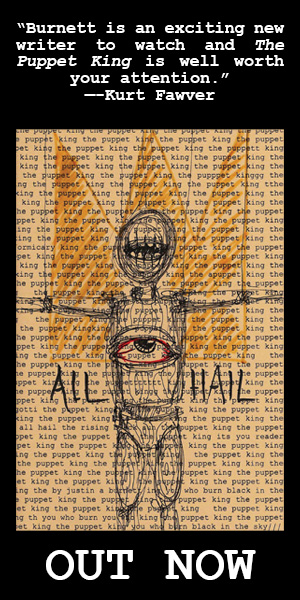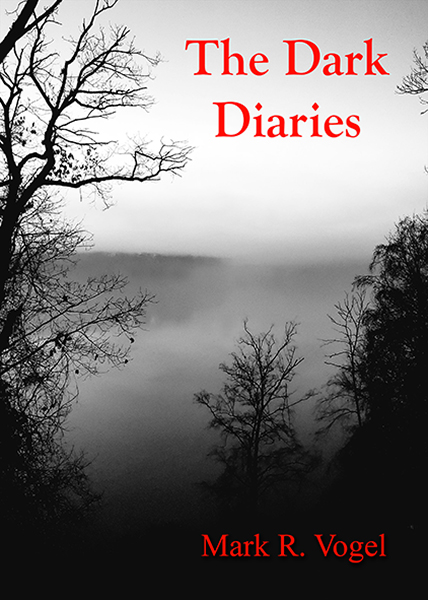Writing Horror Stories – A Guide to Getting Started
Who doesn’t love an intense, spine-tingling, chill-inducing horror read? Writing horror stories may seem like a simple path to follow but you are wrong if you think it all you need is blood, gore, and zombies to write a thriller. Horror fiction is as structured and researched as any type of fiction, it takes real skill to scare someone to their bones with only words on a page.
Before you get started with your debut horror novel, add some planning to your process to help prevent road bumps (writer’s block) and to keep your story straight. It is way too easy to get carried away when writing only to realize that the story has no thread or balance.
You Need A Who
To bring your story alive, you need a who (not a Seuss Who). This is your main character, your hero, or your narrator. They can be one and the same depending on if you write from the first person or third person POV (point of view). Try writing a few paragraphs both ways as you might find one feels more natural, or easier, that the other.
Your main character is who your readers will route for. They will become silent cheerleaders for him or her as they battle and struggle with whatever horrors you write into their lives. Your readers will keep reading to find out if your protagonist succeeds in their mission. That mission can be in any number of forms, from needing to simply stay alive, trying to reach a location against the odds, protecting others, or a specific precious thing.
“To start with, you don’t need to know your whole character profile,†says, Caroline Boddington, a writer at Boomessays and Essay Help. “You just need to a rough idea of who they are and why they are in this story, what they need to do by the end.â€
Think About Your Readers
Think about how you want your readers to feel reading your story. Horror comes in many styles. You could write a thriller and petrify them or a gross-out and make them squirm with discomfort. Good horror isn’t just about the content of the story but about how it’s written. When you write you can alter how the reader feels physically. The sentence length you need can literally alter their breathing. Write long to build suspense and get them to hold their breath. Write short and quick to up the ante and speed up their breathing, like they’re on the run too! Play with the pace throughout your book. Leave your readers hanging between paragraphs and chapters. Pack scenes with detailed descriptions to draw them into the environment. Give them something for all of their senses; tell them about the smells, the silence, or the deafening noise.
Write What You Know
With any type of writing, it is always recommended that you write what you know. Horror stories are no different. You might be thinking “well, I never met a zombie†or “I don’t really have experience with the paranormalâ€. That’s fine. You do know what fear feels like, what disgust feels like. Everyone has phobias and fears. These are relatable and easy to hook an audience in with. You only need to look to the news for inspiration of real horrors that you can draw inspiration from. Using relatable themes like crime or loss can bring an element of reality to your horror that makes it even scarier for your reader.
Horror Story Twists
Readers tend to love a good twist in a story. Like when the protagonist turns out to be the bad guy or a ghost. Twists are known by writers worldwide as gold-dust. A good twist is hard to come up with. “My advice on writing twists is don’t try too hard. Focus on writing your story. Without pressure, a good twist will come to you naturally or when you read back on your first draft,†says Max Frederick, a horror editor at Paperfellows and Stateofwriting.
Sketching out a few of your ideas for your protagonist, where they live, who they are will help you build scenes around them and their life. Knowing how you want your writers to feel will help guide your writing style. Having a page in your notebook with these details is useful for those days when you get stuck or need inspiration. Add to it as you go and run ideas by your trusted love ones too to see if they have the desired effect.
Beatrix is a writer at Academic Writing Service and UkWritings.com. She writes about the art of writing horror fiction and screenplays. She also is a manager at Essay Services.Â




